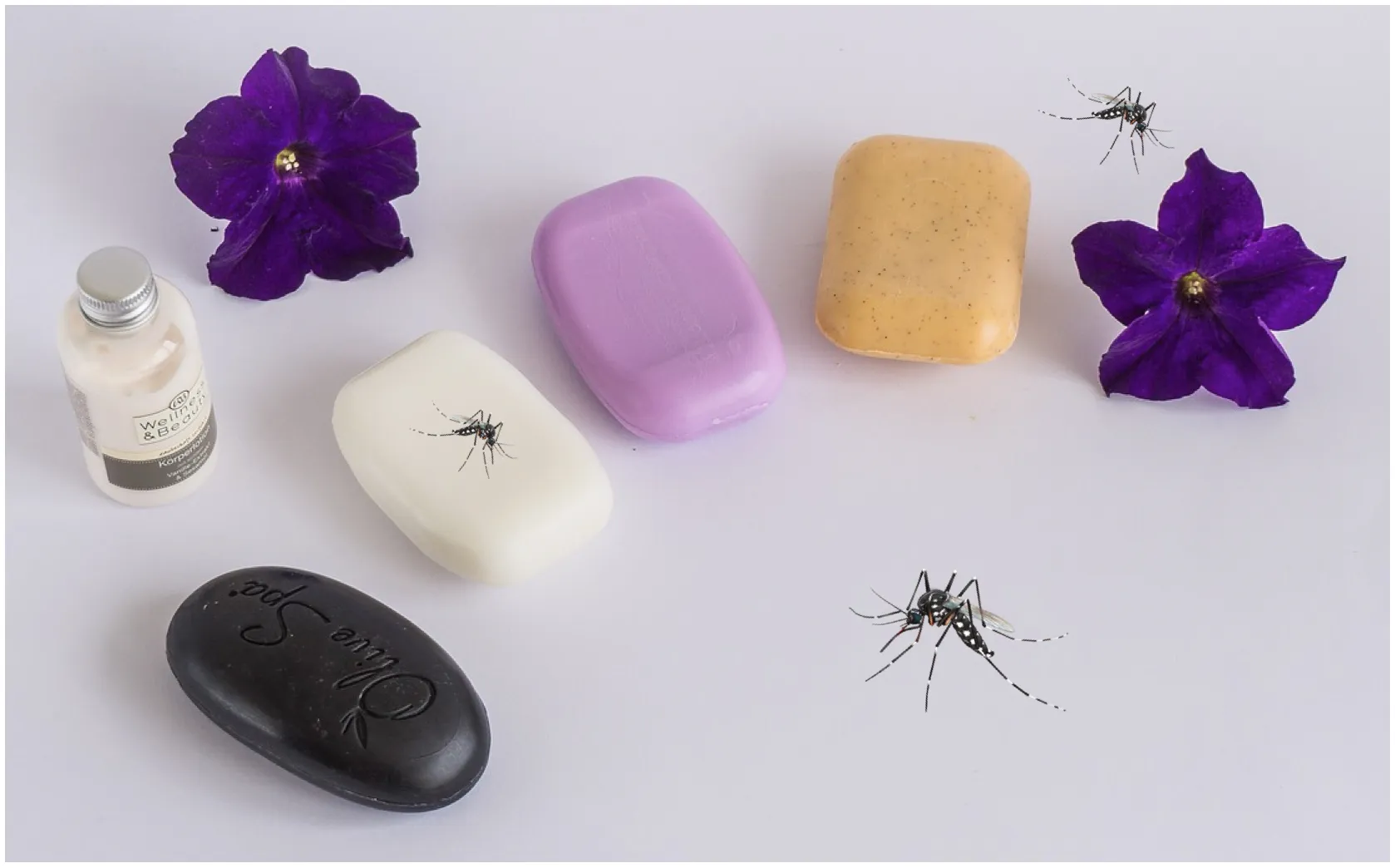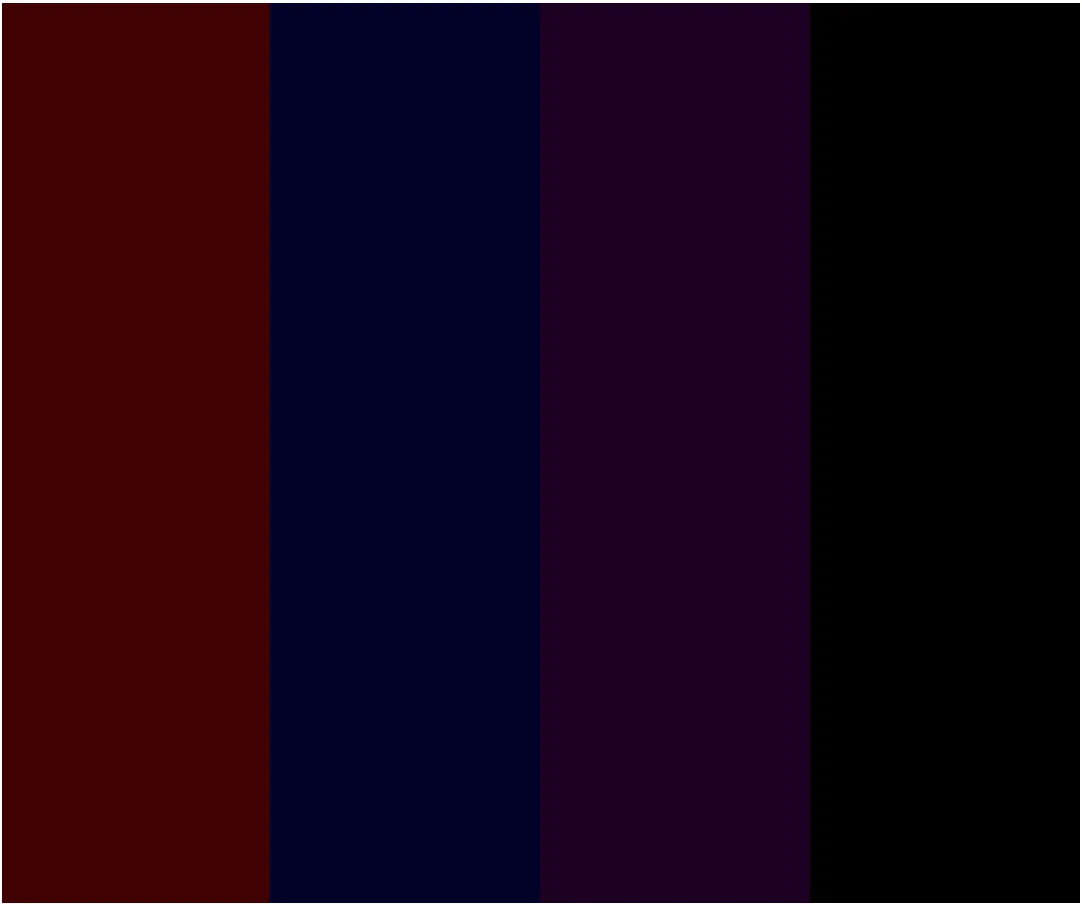Recent research has uncovered a fascinating connection between the choice of soap used in the shower and an individual’s attractiveness to mosquitoes. Certain soaps can either make someone a mosquito magnet or repel the insects, providing valuable insights into how personal care products can influence mosquito behavior.

Photo Credit: Summa on Pixabay
Research conducted at Virginia Polytechnic Institute and State University suggests that the soap a person uses in the shower may determine their attractiveness to mosquitoes. The study found that certain aromas emitted from the body after washing with different soaps can either attract or repel mosquitoes. Dr. Clement Vinauger, the senior author of the study, stated that individuals who are already attractive to mosquitoes can become even more attractive with one soap and repellent with another.
The experiments involved analyzing the chemicals emitted by four human volunteers before and after using body washes from different brands. The results showed that the volunteers emitted their own unique odors, some of which were more attractive to mosquitoes than others. The presence of limonene, a known mosquito repellent, in all four soaps did not guarantee a decrease in mosquito attraction. In fact, three out of the four soaps tested actually increased mosquitoes’ attraction.
The study identified four chemicals associated with mosquito attraction and found that three of them repelled the insects. The soaps advertised as “natural” and less chemical-heavy, such as Simple Truth and Native, tended to deter mosquitoes more effectively than Dial and Dove. These findings highlight the impact of soap on the emission of compounds that contribute to an individual’s natural odor, ultimately affecting their attractiveness to mosquitoes.
The study’s implications extend beyond personal hygiene, as mosquitoes are not only backyard nuisances but also transmit diseases that cause over 700,000 deaths annually. While DEET and picaridin-based products are considered effective repellents, organic alternatives such as certain soaps and scents can be viable options, especially in low-risk areas. Lemon eucalyptus extracts and peppermint oil have been found to repel mosquitoes effectively. Additionally, lavender and neem oil can serve as natural deterrents.

In terms of clothing choices, mosquitoes are not specifically attracted to clothing but may notice certain colors more easily. Dark colors like black, deep reds, and navy blue can make individuals more visible to mosquitoes.
However, factors such as body temperature, blood type, and breath odor also influence mosquitoes’ choice of meal. Opting for light-colored clothing can slightly reduce its attractiveness to mosquitoes.
While soap choice and clothing color can contribute to repelling mosquitoes, it is important to note that these measures may not provide complete protection, especially in areas with high mosquito populations or diseases transmitted by mosquitoes. Additional preventive measures like mosquito nets, repellent sprays, or full-coverage clothing should be considered for comprehensive protection against mosquito bites.
Further research is needed to explore the long-term effects of soap on mosquito preference and identify general patterns or rules. Scientists aim to understand whether the time of soap application influences mosquitoes’ attraction throughout the day. By gaining a deeper understanding of these factors, researchers hope to develop more effective strategies for mosquito control and disease prevention.
Stay connected with Today On Globe for the latest Global Issues and News Updates.
Explore more related articles at [TOG News / TOG Article]













